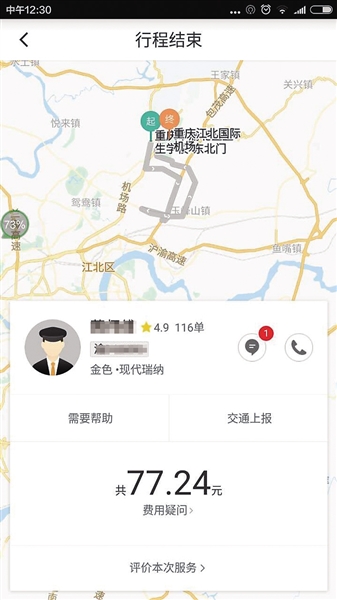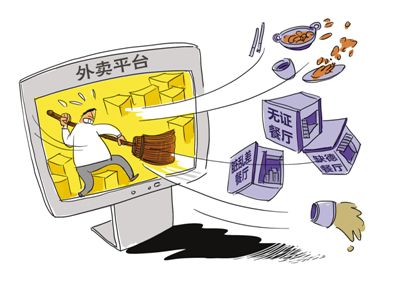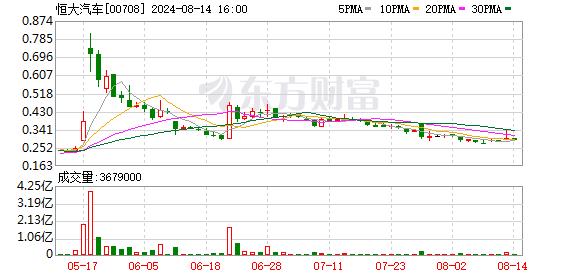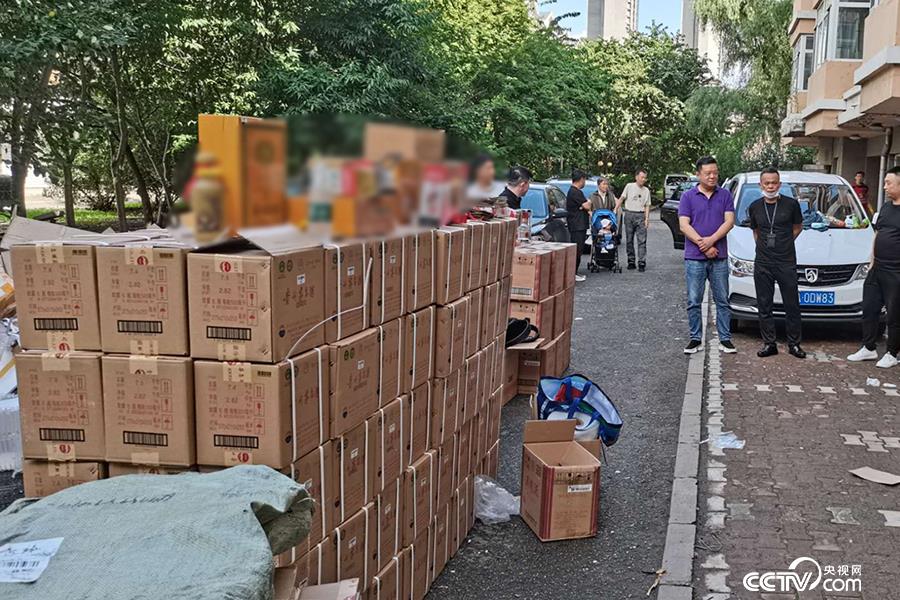Experts refute that genetically modified soybean oil causes cancer, saying that domestic soybeans are superior or no longer.

(Experts refute that genetically modified soybean oil is carcinogenic, saying that domestic soybeans are superior or no longer) Network map
On June 6th, the Ministry of Agriculture approved the import safety licenses of three genetically modified soybean varieties. However, public opinion generally has doubts about the food safety of genetically modified soybeans, and at this time, Heilongjiang Soybean Association released an analysis report on "Genetically modified soybeans are highly correlated with tumors", which attracted the attention of experts and insiders. Some experts pointed out that there is no epidemiological evidence for the theory that genetically modified soybeans cause cancer.
Experts approve the theory that genetically modified soybean oil causes cancer
A few days ago, an analysis report by Heilongjiang Soybean Association that "genetically modified soybeans are highly correlated with tumors" triggered a "war of words" between opponents and supporters of genetically modified soybeans.
According to the relevant data in the 2012 China Cancer Registration Annual Report, Wang Xiaoyu, deputy secretary-general of Heilongjiang Soybean Association, said: "Based on my 20-year working experience in the grain industry, I found that the cause of cancer may have a great correlation with the consumption of genetically modified soybean oil."
According to Wang Xiaoyu’s specific analysis, Henan, Hebei, Gansu, Qinghai, Shanghai, Jiangsu, Guangdong, Fujian and other places are basically concentrated areas of consumption of genetically modified soybean oil in China, and these areas are also concentrated areas of tumor incidence in China. Heilongjiang, Liaoning, Zhejiang, Shandong, Hunan, Hubei, Guizhou and other places basically do not consume genetically modified soybean oil, and are not concentrated areas of tumor incidence.
After this series of remarks was widely spread, the safety of genetically modified food was once again pushed to the forefront. And triggered a "slobber" between opponents and supporters of genetically modified organisms.
In this regard, Chen Junshi, a researcher at the National Center for Food Safety Risk Assessment and an academician of the China Academy of Engineering, said that the import of genetically modified soybeans and the high incidence of cancer in China are both facts, but the combination of these two things is groundless. Genetically modified soybean oil does not even contain genetically modified ingredients. "Genetically modified soybean oil is the most common genetically modified food that can be eaten. Strictly speaking, any genetically modified ingredients should not be detected in the genetically modified soybean oil, because the gene is protein, and protein has been removed from the refined soybean oil. The detection method of the food safety supervision department is very clever, and even a very small amount of protein can be detected from soybeans into oil. "
Yi Zhu, an associate professor at the College of Food Science and Nutritional Engineering of China Agricultural University, also expressed the same view. She said: First of all, the occurrence of cancer is caused by many factors, and it is impossible to explain it by a single factor. Secondly, the consumption of genetically modified soybean products in the United States is more than that in China, so the incidence of cancer in the United States should be higher than that in China. In fact, the incidence of cancer did not increase significantly before and after eating genetically modified soybeans.
The advantage of domestic soybean industry is no longer.
On June 6th, the Ministry of Agriculture approved the import safety licenses of three varieties of genetically modified soybeans from Monsanto and BASF. Before the new batch of three varieties of genetically modified soybeans was imported, the Ministry of Agriculture had not approved the import of new genetically modified soybeans for at least three years, and since the import of genetically modified soybeans was allowed in 1997, a total of 11 varieties have been released.
According to the data of the Ministry of Agriculture, the genetically modified crops approved for import in the first half of 2013 include three kinds of soybeans, two kinds of corn and two kinds of cotton. The transgenic characteristics of three kinds of soybeans are herbicide resistance, insect resistance and insect resistance and herbicide resistance, which come from Monsanto and BASF respectively.
Undeniably, this incident not only made public opinion pay more attention to the safety of genetically modified foods, but also focused on the domestic soybean industry. As the original country of origin of soybean, the once industrial advantage of soybean in China is slowly being squeezed under the extrusion of transgenic varieties.
The advantages of imported genetically modified soybeans in quality and price are rapidly emerging, which has seized part of the original domestic soybean market, and domestic soybeans are crying for help one after another. As one of the soybean producing areas in the world, Heilongjiang has been pushed to the front line because of half of the country’s output.
Judging from the development history of Chinese traditional agriculture, the competitiveness and brand influence are very weak, but under the current market economy system, it is simply a "fantasy" to achieve long-term development through existing advantages. Therefore, if the domestic soybean industry tries to regain its former market advantage, it should also attach importance to its own development to adapt to the new pattern of market economy on the premise of maintaining market safety and order. (Zhongxin. com Finance Channel)










